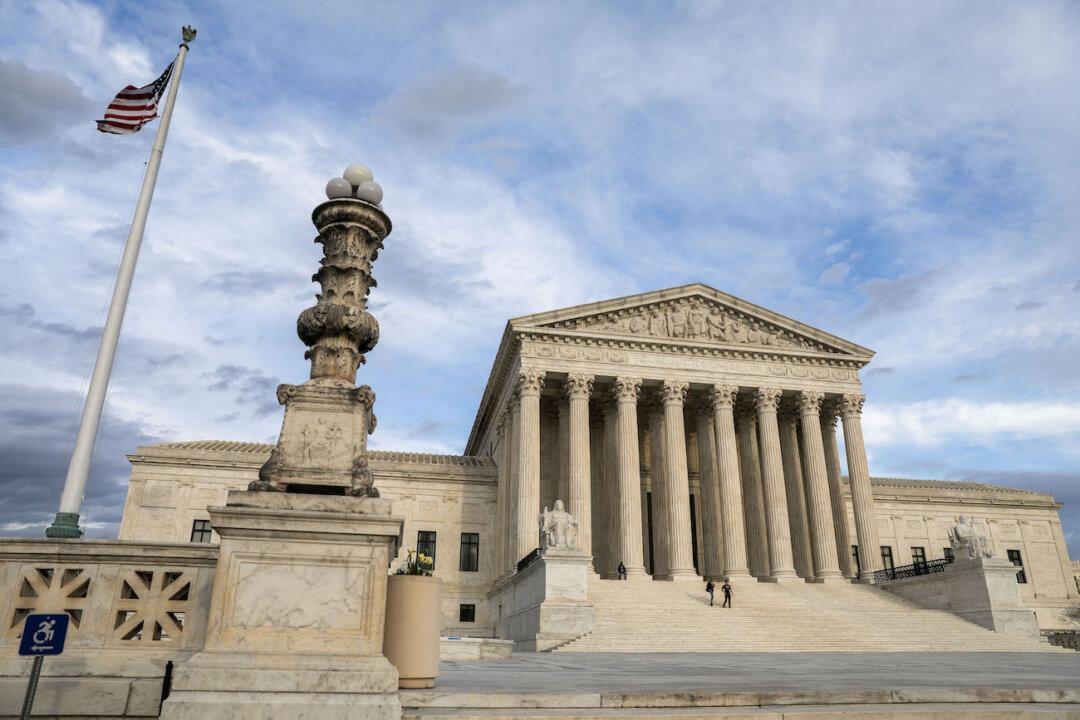Lawyers for a Roman Catholic charity and two foster parents urged the Supreme Court to allow the agency to refuse on religious-freedom grounds to place children with same-sex couples.
Although only one hour was allotted for oral argument in Fulton v. City of Philadelphia, Chief Justice John Roberts allowed the Nov. 4 hearing to go on for one hour and 52 minutes, perhaps signaling the importance of the issues involved.





